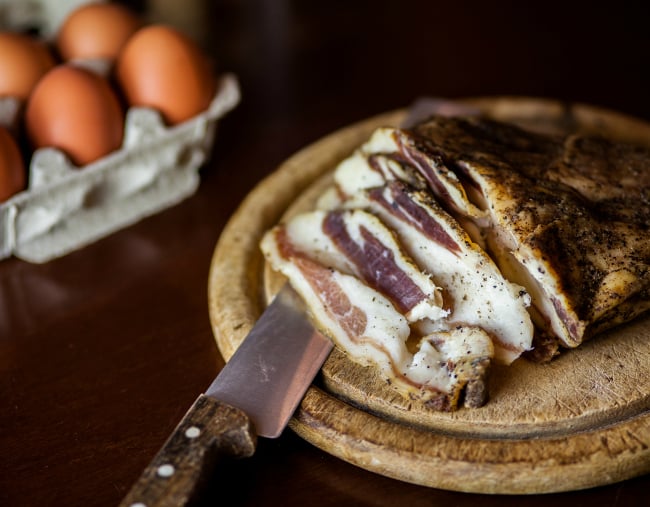When you go on a healthy eating plan, you couldn’t expect to see butter, cream and cheese on the allowed list, would you? Normally these high fat foods are feared and snatched out of people’s hands, but not on the ketogenic diet. No, it’s quite the opposite.
The ketogenic diet has skyrocketed in popularity in the last year or two and Kim Kardashian, Megan Fox and Vanessa Hudgens all swear by it.
But what exactly is it? Can you actually have unlimited butter? Let’s take a look.
What is a ketogenic diet?
The ketogenic diet, also known as ‘the keto diet’ is an eating plan very low in carbohydrates, and very high in fat. It’s nothing new and has been used clinically for many years, traditionally to treat epilepsy and manage seizures.
However, the diet has recently come into the spotlight, particularly because of what occurs when you put your body into ketosis.



Top Comments
The sums don't add up. 15+15+75 does not equal 100%. That aside, if 15% of your daily food intake is 30g, your total food intake is 200g. Sounds more like starvation, which is not sustainable, nor likely to result in long term weight loss.
Good article Rachel! I think it is imperative to people who are doing Keto do it with the advice of a nutritionist or dietician- blood sugar lows can be frightening for some! Keto has its time and its place and its good to cycle on and off until the person gets to their ideal weight....then just eat real, whole food! https://uploads.disquscdn.c...